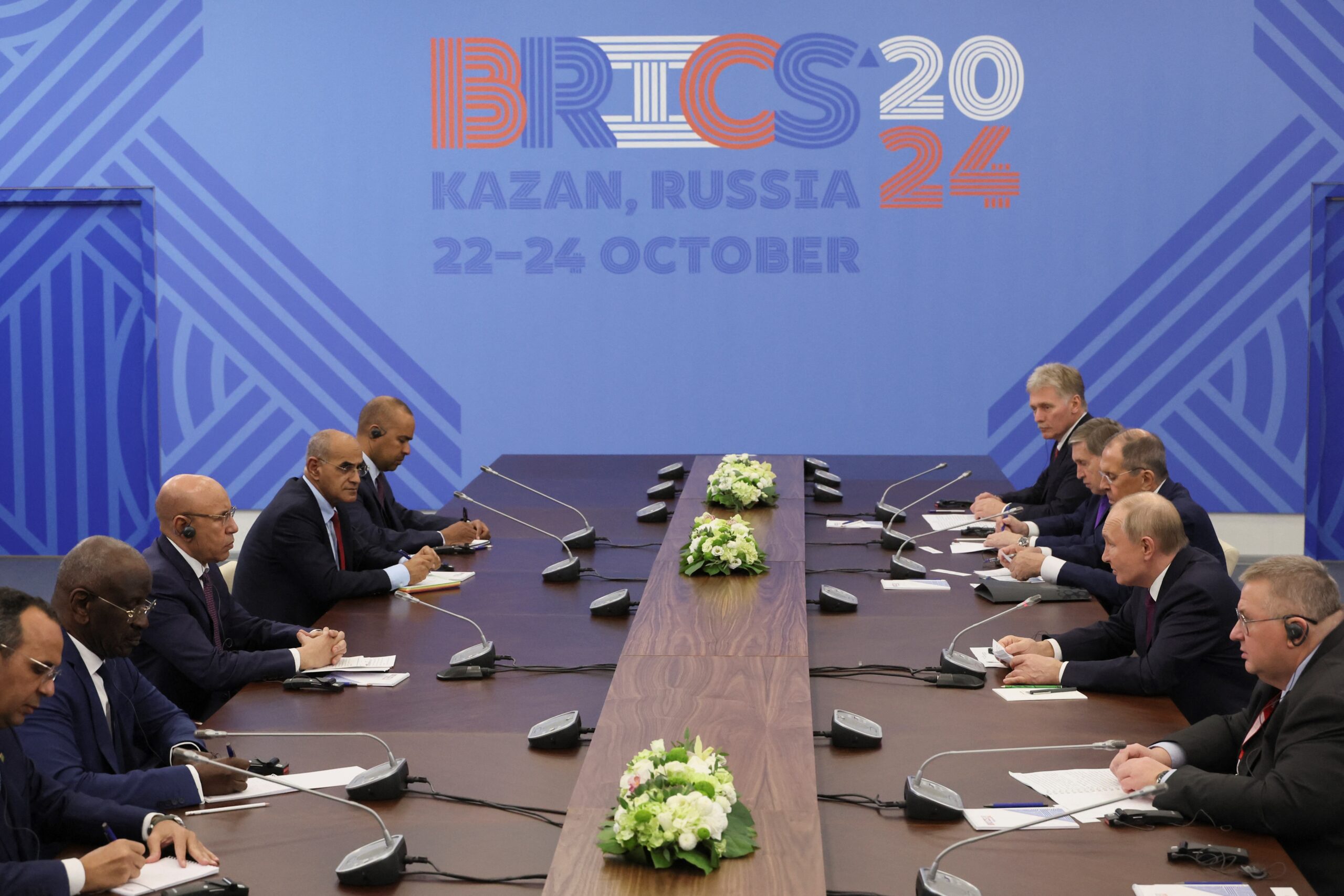Brussels – The United States revealed it through satellite images; Kyiv has been saying it for days, and even Vladimir Putin does not deny it. In Russia, there are allegedly about three thousand soldiers deployed by North Korea (DPRK), ready to intervene in Ukraine. The European Union is “deeply alarmed” and defines the move to be a “unilateral hostile act by the DPRK” and a “serious breach of international law.”
In a statement on behalf of the 27 member countries, the EU High Representative for Foreign Affairs, Josep Borrell, urged authoritarian leader Kim Jong-un for the umpteenth time to “cease supporting Russia’s illegal war efforts” and “strongly condemned” the escalating military cooperation between Pyongyang and Moscow. With the deployment of troops on Russian soil – as revealed by US Secretary of Defense Lloyd Austin – there is a point of no return.
According to Washington, North Korean soldiers reportedly landed by ship in the first half of October from the North Korean region of Wonsan to the Russian city of Vladivostok before being taken to three military training sites in eastern Russia. “If they do deploy to fight against Ukraine, they’re fair game…and the Ukrainian military will defend themselves against North Korean soldiers the same way they’re defending themselves against Russian soldiers,” warned White House spokesman John Kirby. According to Ukrainian intelligence, “on October 23 their presence was recorded in the Kursk region,” the Russian territory where Ukrainian forces penetrated this summer. In a post on his X account, Ukrainian President Volodymyr Zelensky stated that, according to information in Kyiv’s possession, “the first North Korean soldiers are expected to be deployed by Russia to combat zones as early as October 27–28.”
Zelensky appealed for “a strong and principled response from world leaders.” “Russia’s deepening military cooperation with the DPRK sends a clear message: despite its stated readiness to negotiate, Russia is not sincerely interested in a just, comprehensive and lasting peace,” continues the EU-27 note, which states that on the contrary, the Kremlin is “is escalating and desperately seeking any help for its war.”

To break out of diplomatic isolation, Vladimir Putin brought together the leaders of the BRICS for three days in Kazan, Russia. The summit was attended by 36 countries, an achievement that allowed Moscow to call it “the largest foreign policy event ever organized” by Russia. At a press conference on the sidelines of the summit, Putin accused the West of escalating the war in Ukraine, and, as The Guardian reported, asked by a journalist about satellite images apparently showing North Korean troop movements, Putin replied, “Images are a serious thing. If there are images, then they reflect something.” The Russian president then hit back, blaming NATO officers and instructors directly involved in training troops in Ukraine.
The European Union’s reading is that, in exchange for increasing support for its war effort, Russia has changed its position on the denuclearization of North Korea. “In doing so, Russia undermines its responsibilities as a permanent member of the Security Council and as a member state of the United Nations,” stresses Borrell, who announces that Brussels will “coordinate with international partners regarding responses.”
English version by the Translation Service of Withub

![Un campo coltivato [foto: imagoeconomica]](https://www.eunews.it/wp-content/uploads/2025/04/campo-coltivato-350x250.png)







